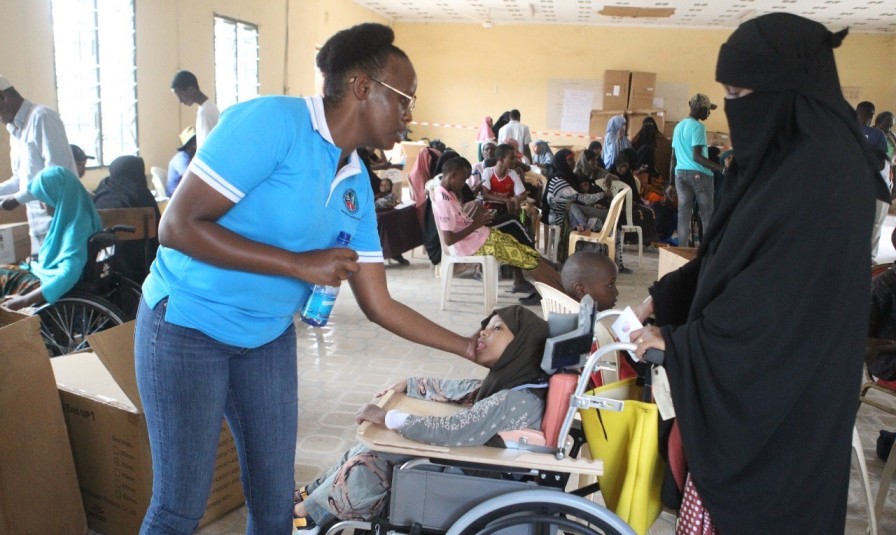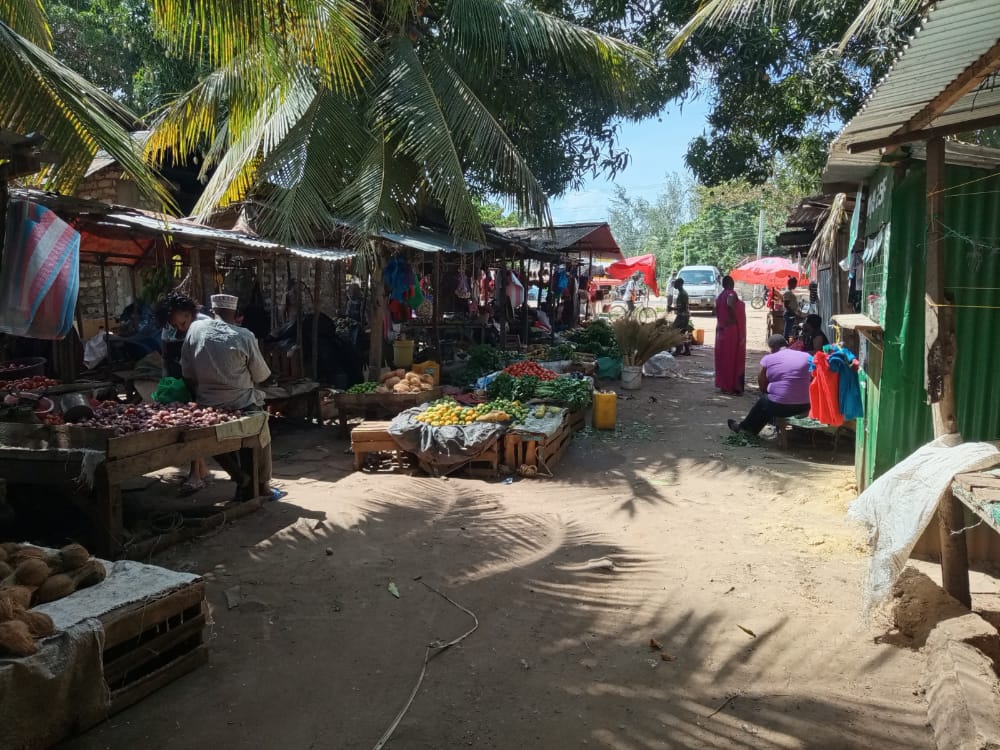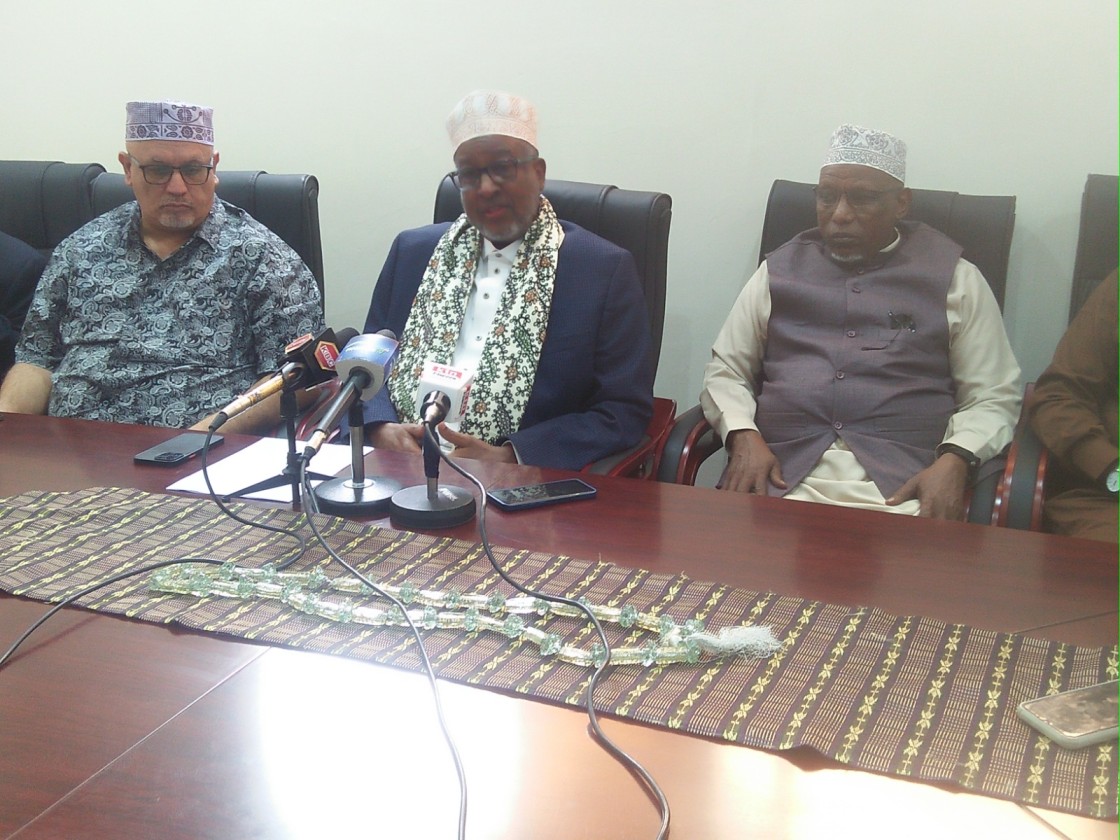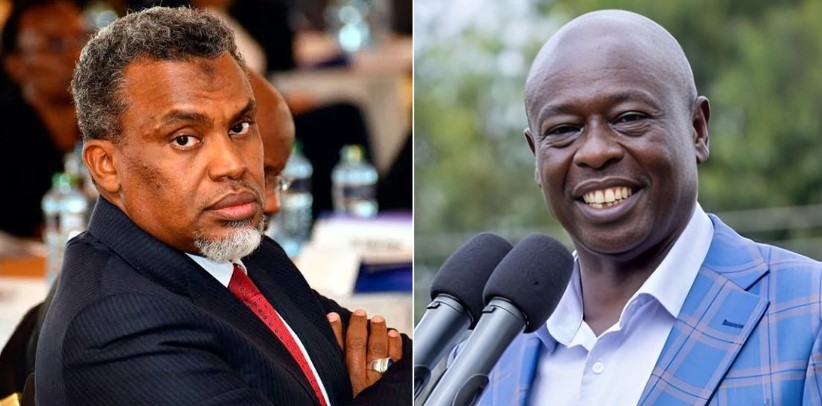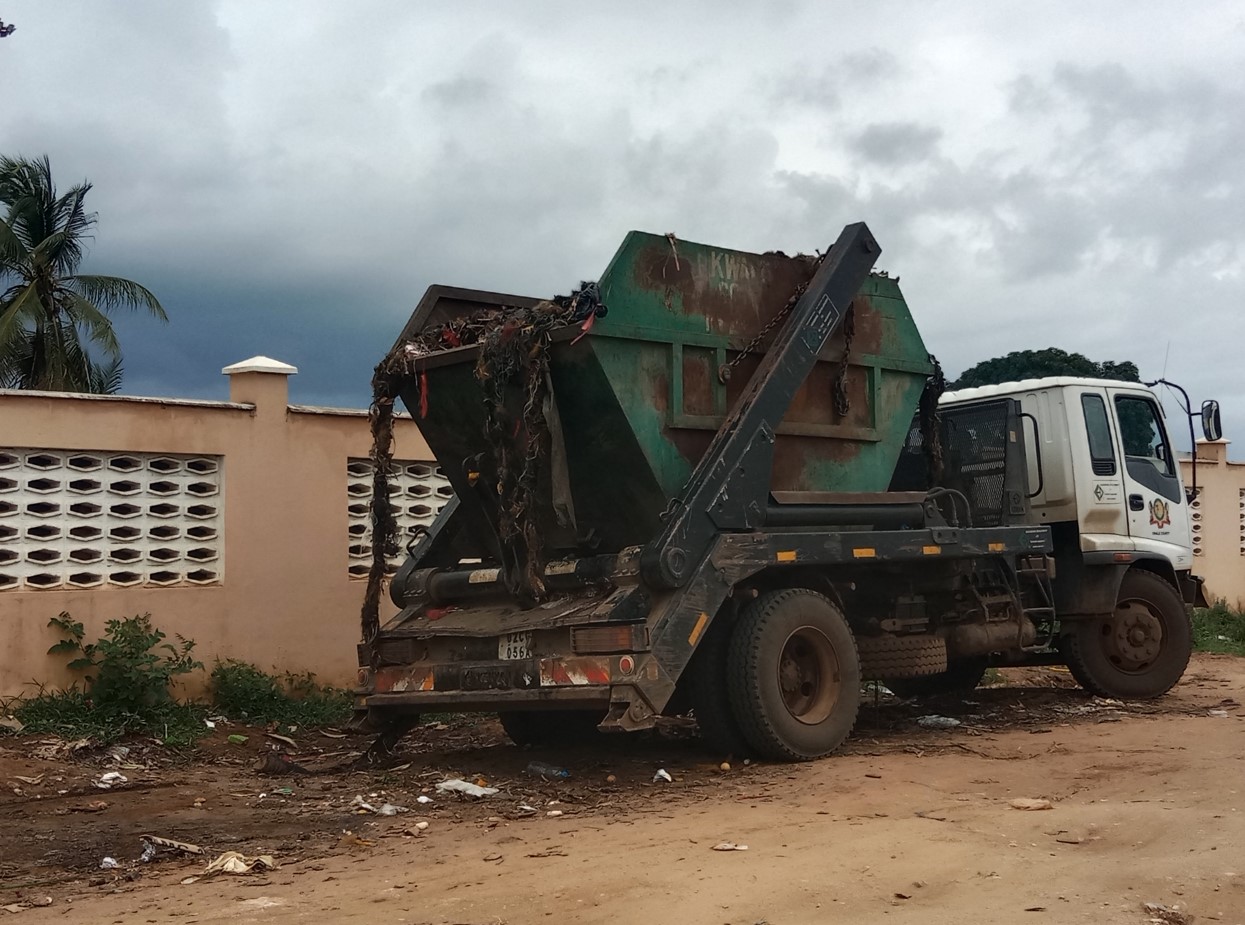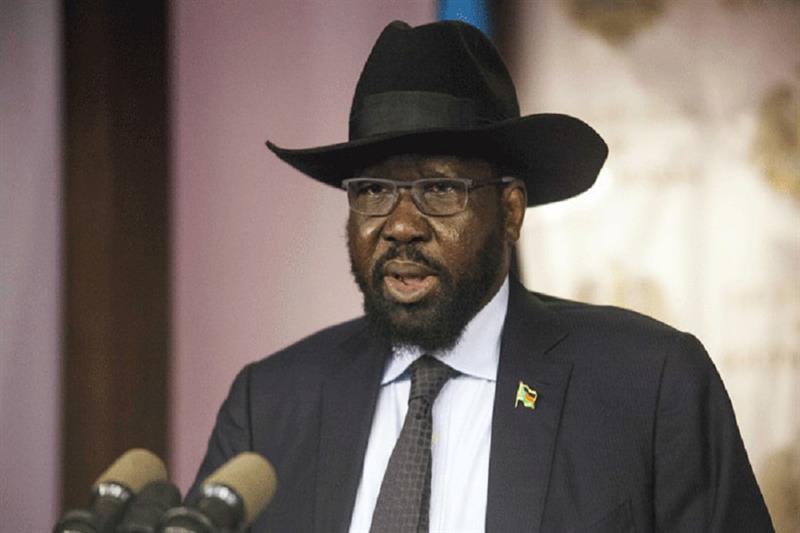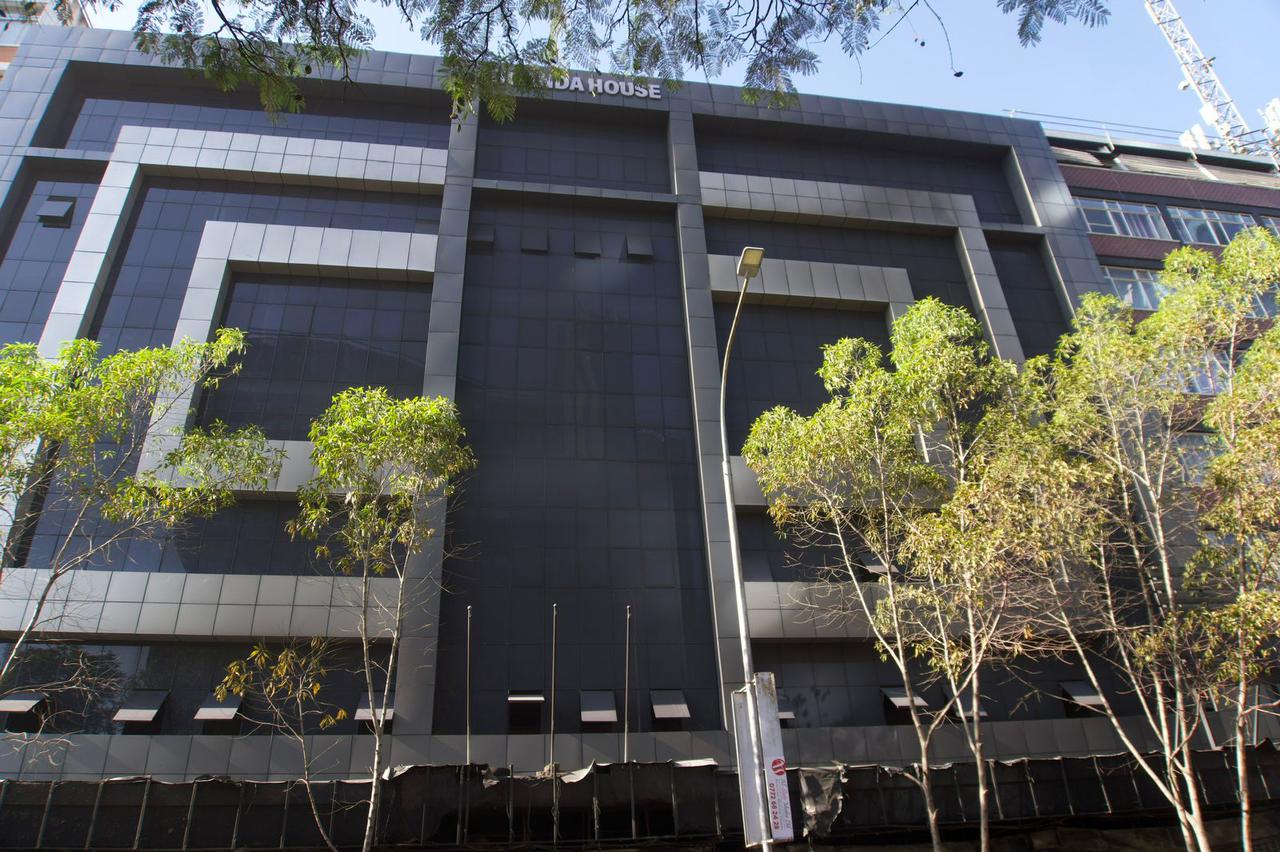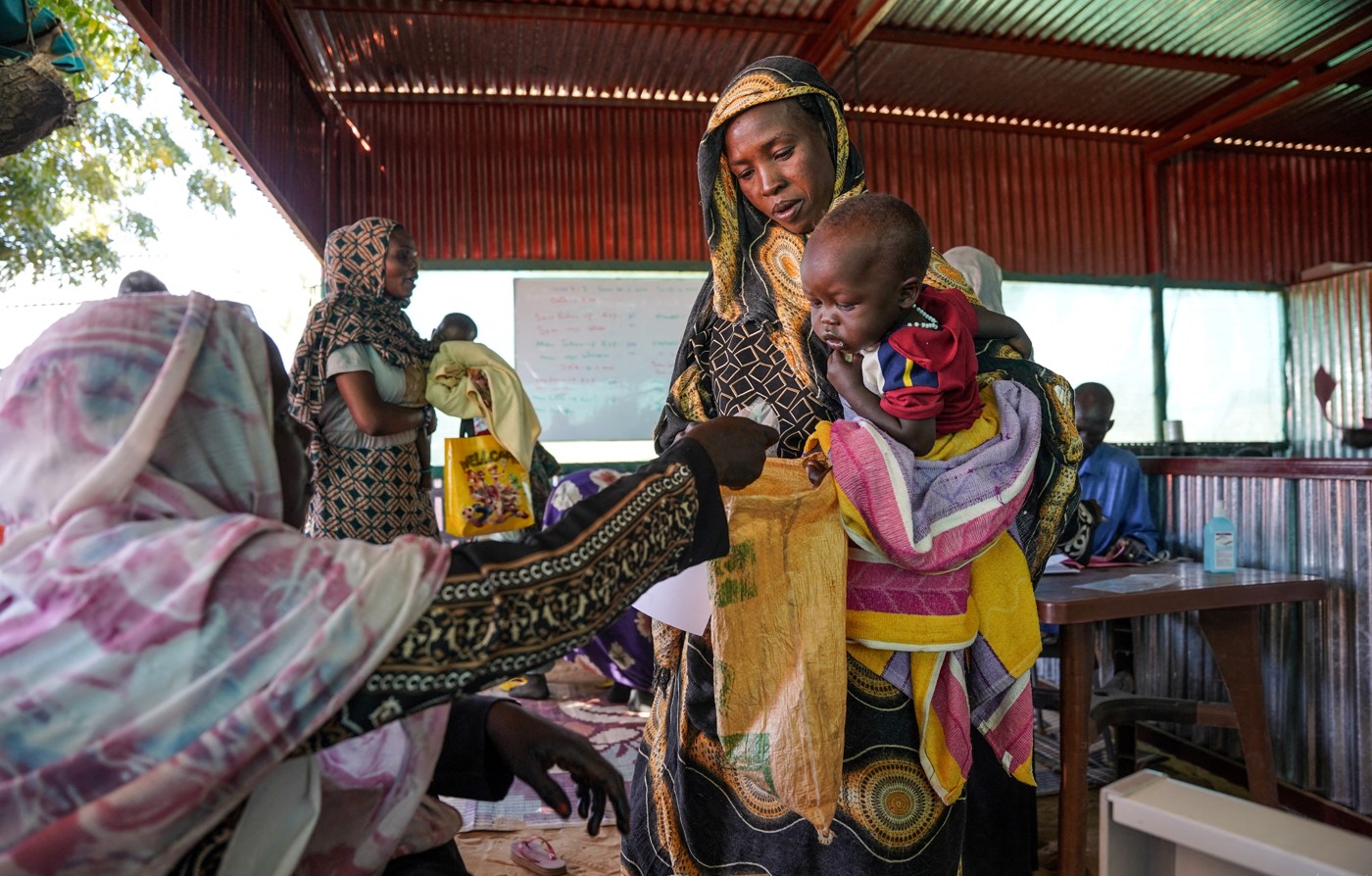Ruto's pledge as meeting with Coast leaders over muguka ban finally takes place
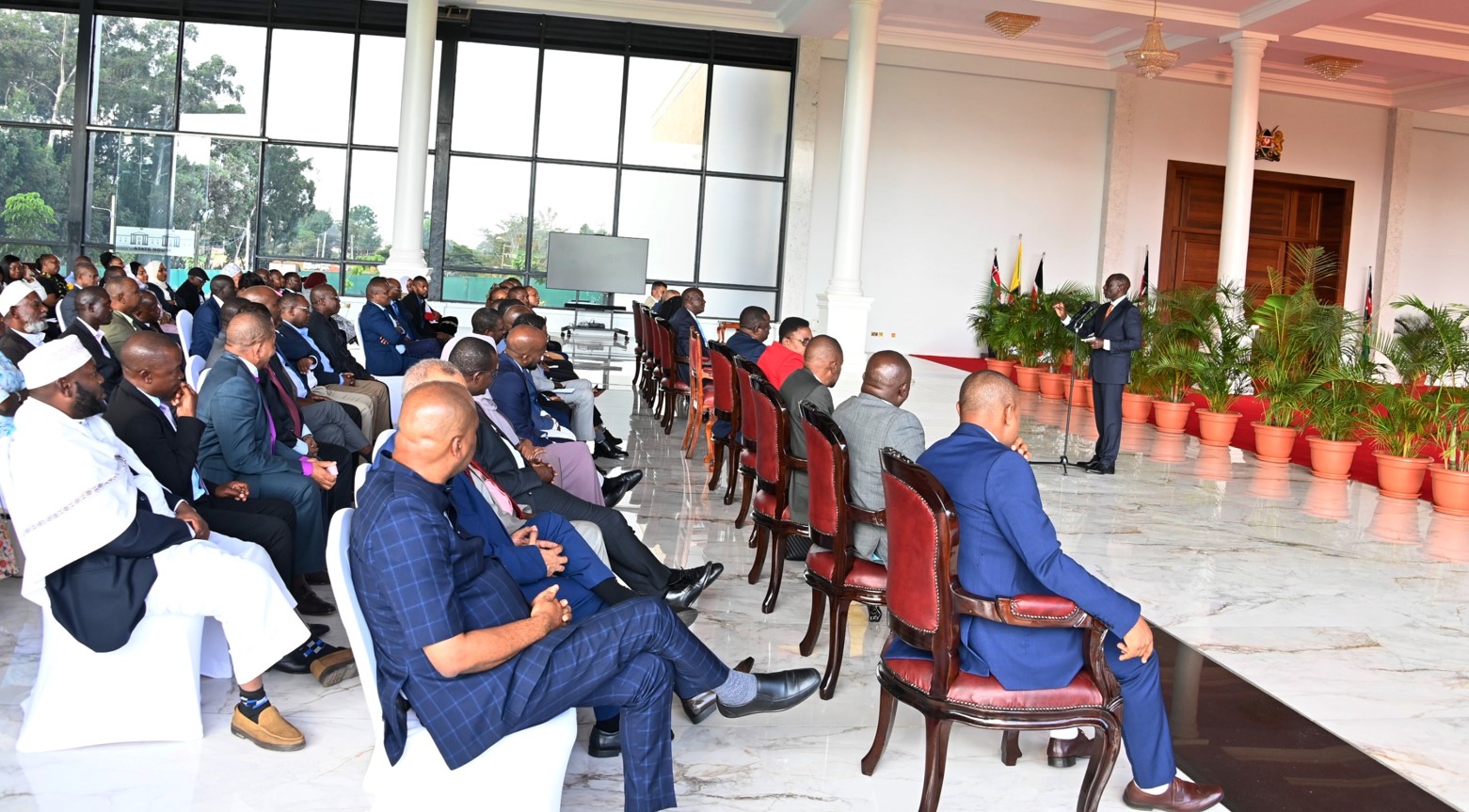
By Farhiya Hussein |
President Ruto emphasised the government's commitment to combating drug and substance abuse in the coastal region and other parts of Kenya, noting this will make Kenyans healthier and productive.
President William Ruto has promised that his government will work with all leaders to liberate the Coast region and other parts of Kenya from drug and substance abuse, amid a strong fight to ban muguka, the stimulant.
Ruto announced this on Monday after finally meeting with Coast leaders under the Jumuiya ya Kaunti za Pwani economic bloc for discussions on key issues surrounding both muguka and miraa.
Keep reading
Details were not given but he announced the formation of a committee of professionals to examine issues related to the two crops after the crucial meeting with coastal leaders at the State House in Nairobi.
The gathering followed a discussion on Friday during which coastal leaders, including MPs, governors, county assembly leaders, health experts, religious leaders, and community-based organisations, agreed to meet with the President to address growing concerns regarding the stimulants.
President Ruto emphasised the government's commitment to combating drug and substance abuse, stating, "We will work with all leaders to liberate the Coast region and other parts of our country from drug and substance use. This will make our societies healthier and more productive."
During the State House meeting, Ruto, along with governors, MPs, and county assembly leaders from all coastal counties, agreed on the need to form a committee to investigate key issues surrounding miraa and muguka.
This decision was influenced by a prior session with leaders from Embu regarding the muguka ban, underscoring the need for collaborative legislation that balances the interests of all involved parties.
We will work with all leaders to liberate the Coast region - and other parts of our country - from drugs and substances use. This will make our societies healthier and productive.
— William Samoei Ruto, PhD (@WilliamsRuto) June 24, 2024
At @StateHouseKenya, Nairobi, met Governors, MPs and county assembly leaders from all the coastal… pic.twitter.com/PZ4VXk2NSH
The coastal leaders presented a detailed memorandum to President Ruto, expressing their gratitude and highlighting their resolutions.
The memorandum underscored the severe health impacts of muguka, supported by scientific studies conducted by local health organisations.
These studies revealed that a significant percentage of mental health patients in the coastal region were muguka users, with 82 per cent of 700 patients treated since 2021 being affected.
“Scientific statistics conducted by the Mombasa Women Empowerment Network Mental Health Treatment and Rehabilitation Centre, ReachOut Rehabilitation Centre, Port Reitz Hospital,and the NACADA Rehabilitation Centre from 2021 to 2024 found that 550 patients living with mental health conditions in this calendar year to date, out of 700 (or 82 per cent were found to be abusing muguka," the memorandum noted.
"This trend is replicated across all coastal counties and gives us, as leaders, cause for concern for the wellbeing of our people."
The memorandum detailed the alarming statistics and health consequences associated with muguka consumption.
It noted that the drug's affordability makes it easily accessible to minors, leading to severe health issues such as hallucinations, lack of appetite, stomach ulcers, and more.
Together with the leadership of the six counties of the Coast, we met His Excellency the President Dr. William Ruto at State House, Nairobi where we spoke with one voice.
— Abdulswamad Sheriff Nassir (@A_S_Nassir) June 24, 2024
We respectfully delivered the message of our people - We as the Coast do not want Muguka in our region. pic.twitter.com/veXVijRhIW
The leaders also voiced concerns about muguka's impact on the youth, linking it to poor academic performance, truancy, school dropouts, and teenage pregnancies.
“Studies further indicate that owing to the relatively short harvest time of muguka compared to miraa, the cheap cost makes the drug easily accessible to minors with severe consequences for reproductive health, thus threatening a generation's growth and stability,” their memorandum stated.
It noted that muguka breeds idleness, irresponsibility, crime, and addiction, further straining societal resources and also pointed out that muguka contains cathinone and cathine, substances classified as psychotropic and controlled under international conventions.
The leaders unanimously called for a total prohibition on the entry, transportation, distribution, sale, and use of muguka within the coastal counties of Mombasa, Kwale, Kilifi, Tana River, Lamu, and Taita Taveta.
They urged the immediate closure of all outlets selling muguka and the strict enforcement of these bans by relevant county departments and agencies.
“The ban on Muguka in Jumuiya ya Kaunti za Pwani has ignited a national public debate and pronouncement by the Executive, Judiciary and the entire 47 county governments, and therefore, a matter of extraordinary public interest," the leaders said.
"It is important to note that according to a survey conducted by Infotrak, more than 57 per cent of Kenyans nationally and 64 per cent of residents at the coast support the ban on selling muguka due to health hazards associated with consumption."
The coastal leaders included several key resolutions, including the adoption of scientific data that unequivocally establishes the health risks linked to muguka consumption.
They also emphasised the need for joint efforts by national and county governments to address drug abuse comprehensively, acknowledging the catastrophic health hazards posed by muguka and calling for exploring alternative livelihoods for those involved in its trade.





